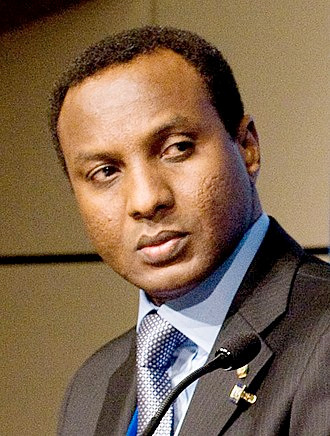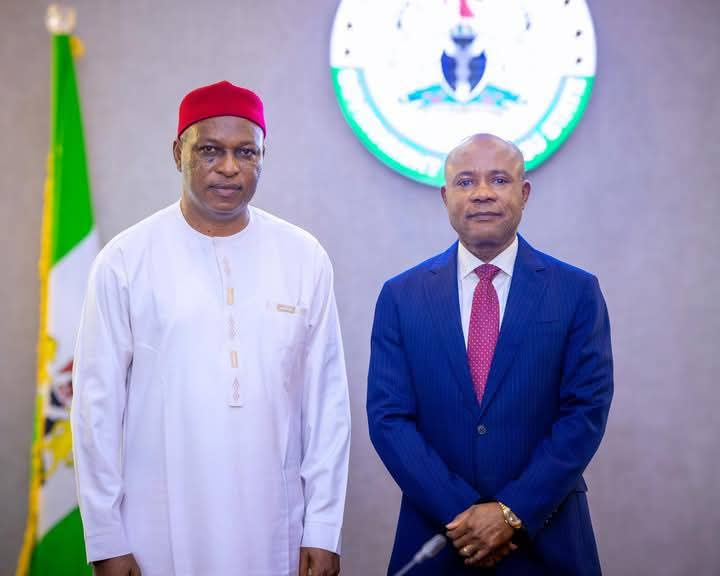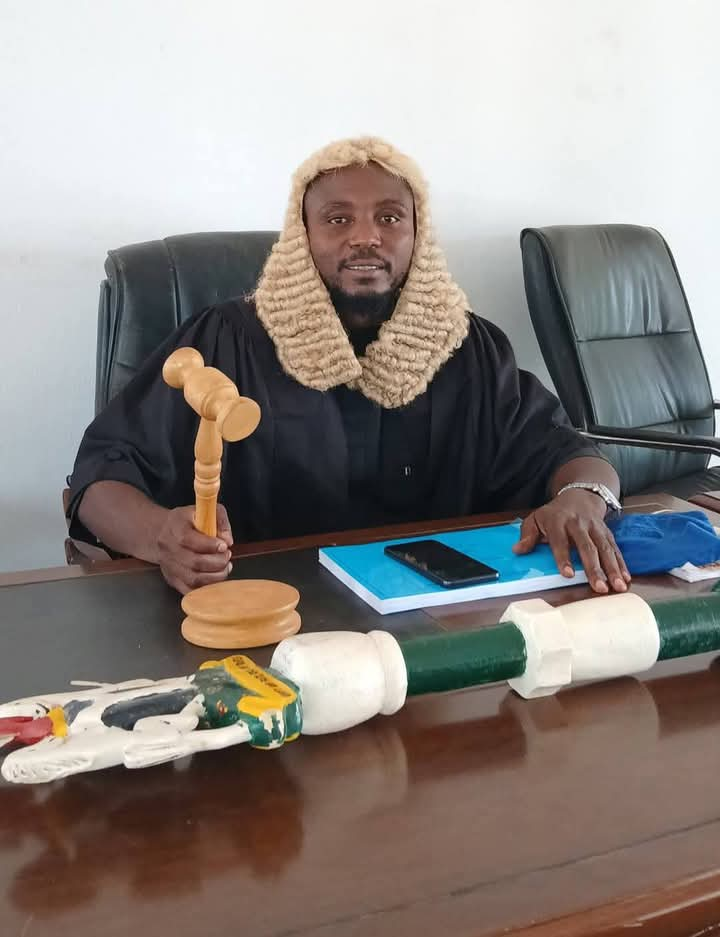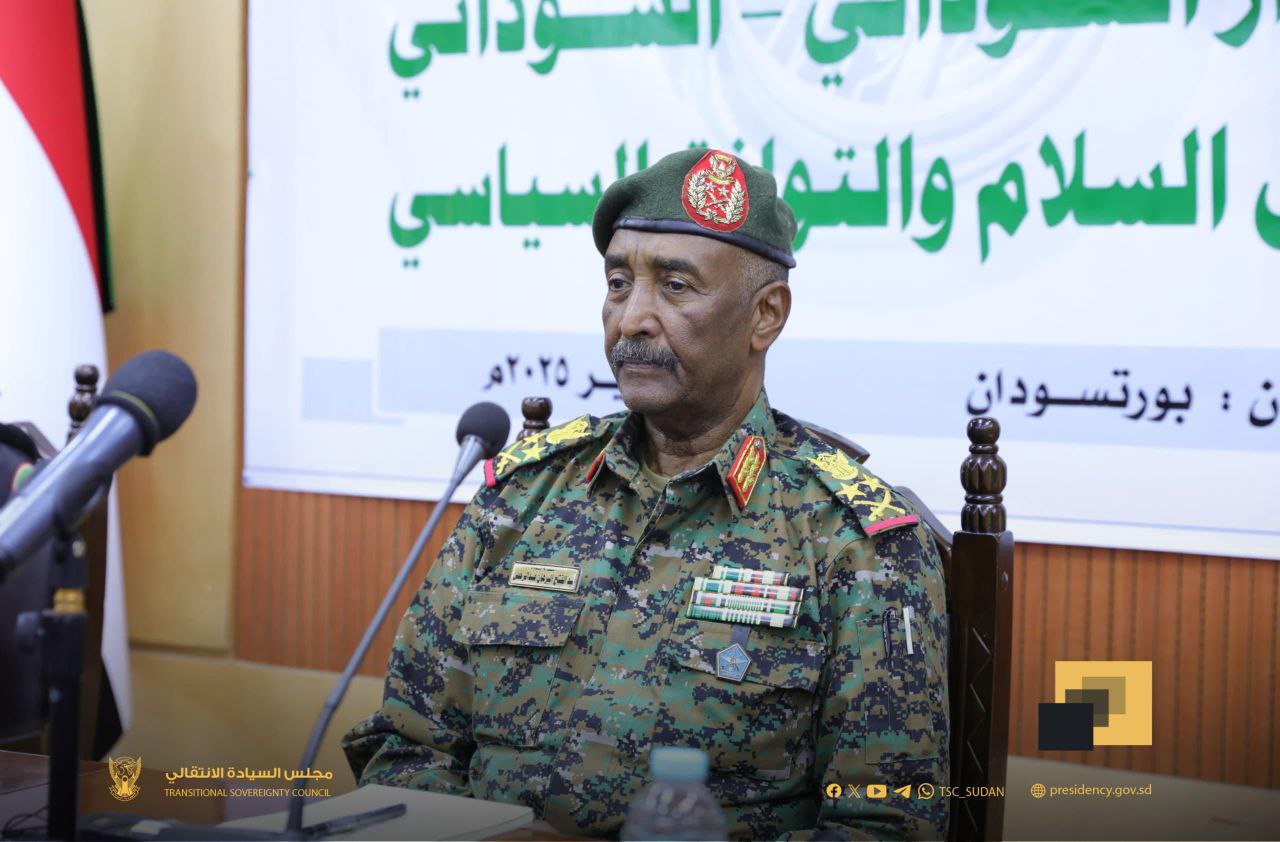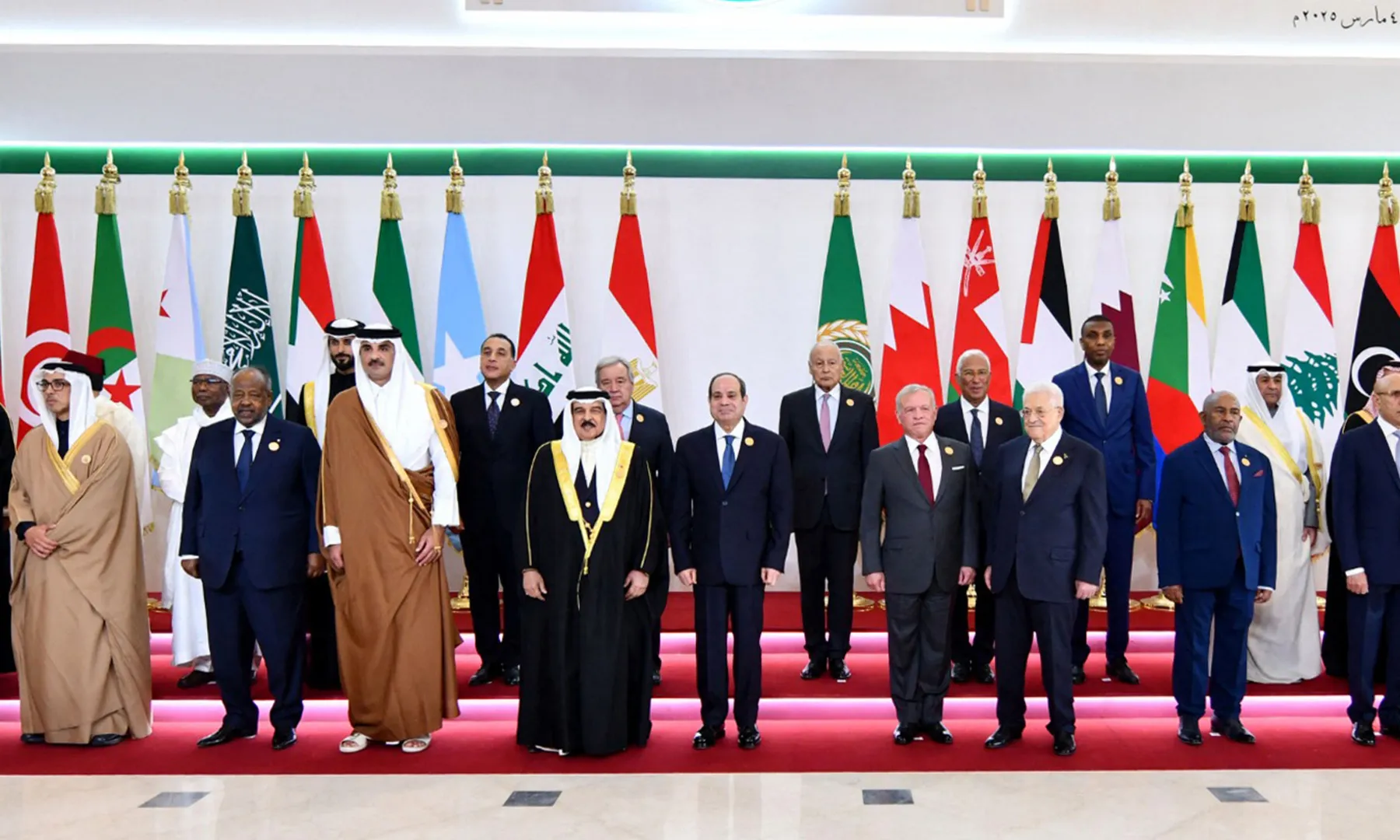Niger’s military junta has appointed economist Ali Mahamane Lamine Zeine as the transitional Prime Minister, marking a significant development in the aftermath of the recent military coup that ousted President Mohamed Bazoum.
The announcement was made through a decree read on national television, more than a week after the coup took place.
The interim government, now known as the National Council for the Safeguarding of the Country, was introduced by General Abdourahmane Tchiani, former commander of Niger’s presidential guard, who declared himself the leader of the transitional government.
Ali Mahamane Lamine Zeine, aged 58, brings a wealth of experience to his new role. He previously served as the finance minister under the leadership of Mamadou Tandja, who guided the country from 1999 to 2010 after its transition to civilian rule. Additionally, Zeine currently holds the position of the African Development Bank’s Country Manager for Chad and has held the same position in Ivory Coast and Gabon.
The recently appointed prime minister is expected to lead consultations for the establishment of a new government, marking a crucial step in the transition process.
The Economic Community of West African States (ECOWAS) has responded to the political crisis in Niger by calling for another emergency summit, scheduled to take place on Thursday in Nigeria. This summit aims to address the situation after the military leadership disregarded ECOWAS’s ultimatum to relinquish power.
In response to the coup, the US State Department revealed that it has been in direct communication with the coup leaders, emphasizing the importance of restoring President Bazoum to power and returning Niger to its “constitutional order.”
The detention of President Mohamed Bazoum by members of the Presidential Guard on July 26 marked the beginning of a series of events that culminated in the military takeover and the subsequent developments in Niger’s political landscape.
